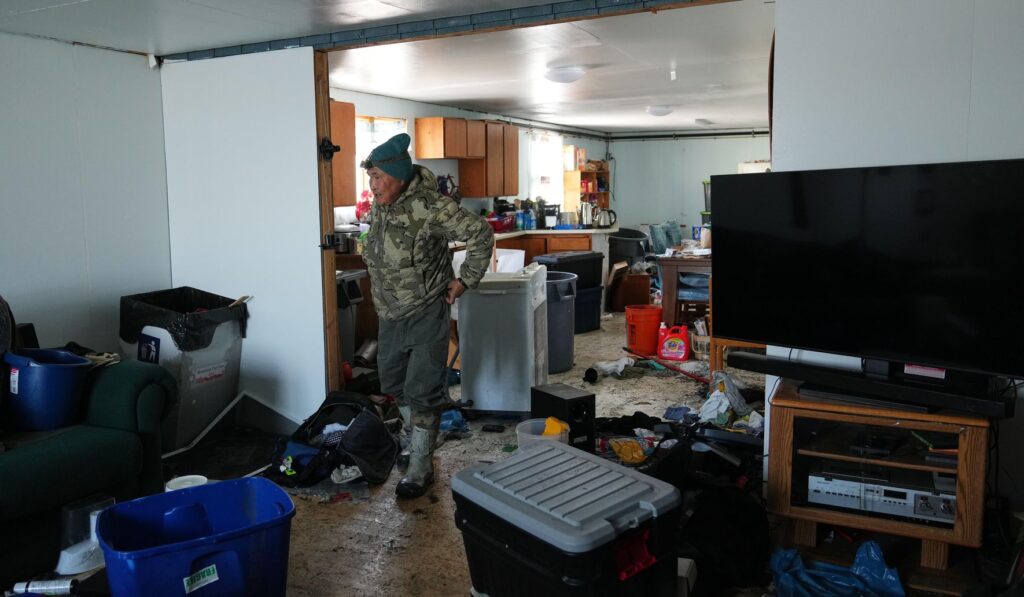A new ad criticizes Democratic Reps. Tom Suozzi and Laura Gillen of New York for a lapse in national flood insurance due to the government shutdown.
The ad hits the theme hard: people in flood-prone areas suddenly face uncertainty because federal coverage lapsed amid a shutdown. Constituents who rely on predictable federal support for rebuilding are now left wondering who will answer for the gap. This message frames the lapse as a tangible consequence of political gridlock, not abstract disagreement in Washington.
On the ground, a lapse in the national flood insurance program creates immediate headaches for homeowners and small business owners trying to recover after a storm. Policies that need renewal can hang in limbo, claims processing can slow, and lenders may balk at financing recovery projects. The ad uses those everyday fears to make a clear point: when Washington shuts down, ordinary people pay the price.
From a Republican perspective, accountability matters more than rhetoric, and the ad pushes that angle by tying the lapse directly to the actions of local Democratic representatives. Voters want their officials focused on practical solutions like keeping insurance programs running and ensuring disaster relief is available. The criticism is not abstract; it centers on how choices in Washington translate into holes in the safety net for New Yorkers.
The political spin is blunt: the shutdown was preventable and the fallout avoidable, yet constituents had to cope with uncertainty because lawmakers prioritized other agendas. That line of argument speaks to a broader theme Republicans favor, which is fiscal discipline and steady governance that protects homeowners and taxpayers. The ad underscores the idea that steady governance should be the baseline expectation from any representative.
Local leaders and communities now face a scramble to patch together resources while the federal program is unresolved, and the ad portrays Suozzi and Gillen as not doing enough to prevent that scramble. It points to the real costs: delayed repairs, stalled sales, and pressure on local governments to fill a federal void. Those are powerful visuals for voters who value stability and clear responsibility from their elected officials.
Campaign messaging like this also aims to sharpen contrast ahead of elections, reminding voters of concrete outcomes rather than abstract promises. The ad’s tone is pointed and practical, designed to make the political consequences of the shutdown feel immediate. For Republicans, that tactic fits a broader strategy of highlighting where Democratic governance has fallen short in delivering basic services.
Whether the ad moves opinion will depend on how voters weigh fault and solution, but it has already shifted the conversation from process fights in Washington to the tangible needs of people back home. The debate now centers on who will take responsibility for restoring reliable coverage and ensuring federal programs are insulated from shutdown politics. For communities that depend on predictable disaster support, that is the discussion that matters most.



